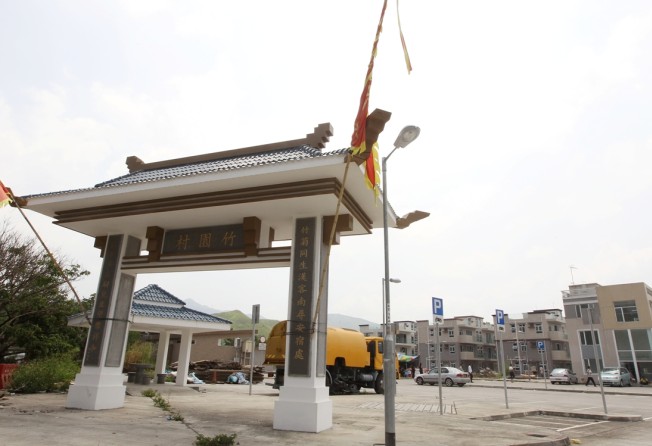Hong Kong villagers warned of vote-rigging in rural ballot
Worry over outdated electors' list that could allow ineligible residents to breach laws

Village residents who cast ballots in the rural representative elections after moving out of their registered address could face vote-rigging-related charges, the graft-buster has warned.
The Independent Commission Against Corruption has stepped up publicity to remind voters to clarify their eligibility before next month's elections.
However, a candidate has complained that the government has not done enough to update the list of electors and remove the names of people who have moved out.
The shift of publicity strategy - which was previously focused on bribery or vote-buying offences - came after scores of people were convicted of registering false addresses to vote in a constituency they did not belong to in the 2011 district council elections.
"Anyone who votes in the election knowing that the person is not entitled to do so could breach the election laws," said Lily Chung Lai-tuen, programme coordinator (elections) of the ICAC's community relations department.
Under electoral law, voters can only cast a ballot in the constituency they have registered as a "principal residential address".
Chung said voters can contact district offices in the New Territories for clarification, while ICAC - which is also responsible for enforcing laws against illegal conduct in elections - has spent more than HK$580,000 in publicity explaining the process.
However, retired civil servant Cheung Kwok-wah - who will compete against businessman Chan Hon-ming for the resident representative seat in Lung Mei village, Tai Po - has complained that dozens of residents who have already moved out are still on the list of electors.
"The government [Registration and Electoral Office] should be more proactive in reviewing the list, otherwise it exposes the elections to vote-rigging," he said, adding that it would be impossible for candidates to distinguish whether voters were still living in the constituency.
Since the "dual head" system was introduced for villages in 2003, indigenous villagers, or people whose ancestors settled in the New Territories before 1898, are eligible to elect indigenous inhabitant representatives regardless of where they live. People who have been living in the villages for three years immediately before their voter registrations are eligible to elect resident representatives.
Ballots will be held in 709 villages on the first three Sundays of next month, where 1,891 candidates are vying for 1,484 posts.
Chung said the anti-graft agency had received 10 complaints and looked into five cases for the upcoming elections as of mid-December.